


Fragments of hemorrhagic toxins that may help treat high blood pressure were found in the venom of the pit viper Cotiara, which inhabits the South of Brazil, and that of the South American bushmaster, a denizen of tropical rainforests. The molecules might one day be used in drugs with fewer adverse side effects.
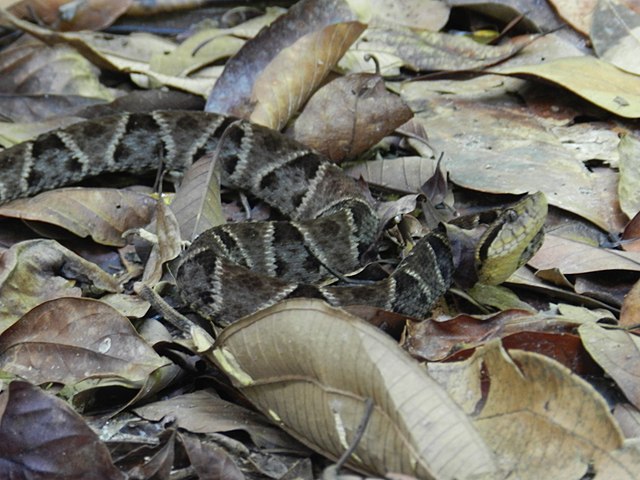
A survey conducted in a Brazilian state with the country’s second-highest number of ophidic accidents draws attention to the need to train health workers to complete notification forms correctly. Better data will help improve research and antivenom distribution.
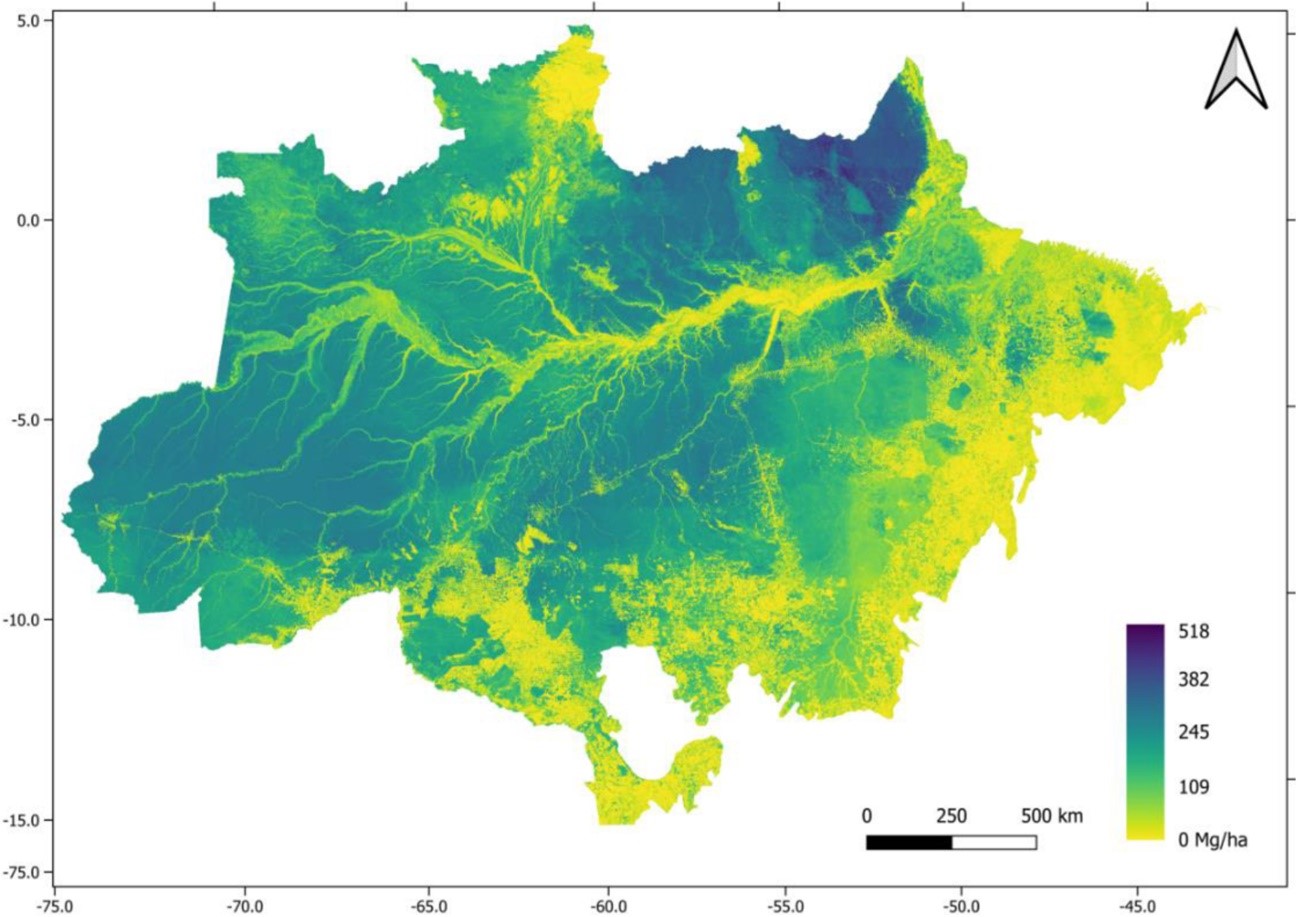
The map is derived from a study conducted by researchers at Brazil’s space research institute and collaborators, and combined airborne laser scanning, satellite imagery and forest inventories. The results will support planning, conservation and sustainable management decisions.

Brazilian researchers tested a photocatalyst based on zinc oxide and found it to perform well in degrading sertraline, an emerging pollutant.
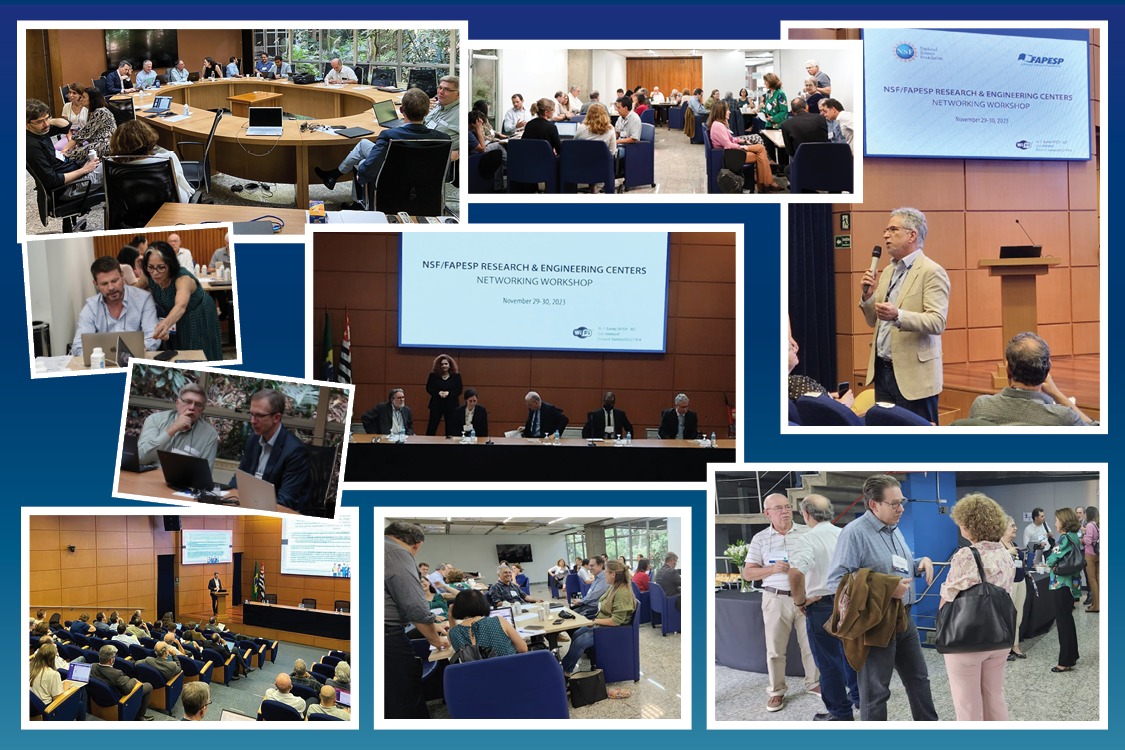
The event took place in São Paulo on November 29-30 to foster interaction and promote center-to-center relations.
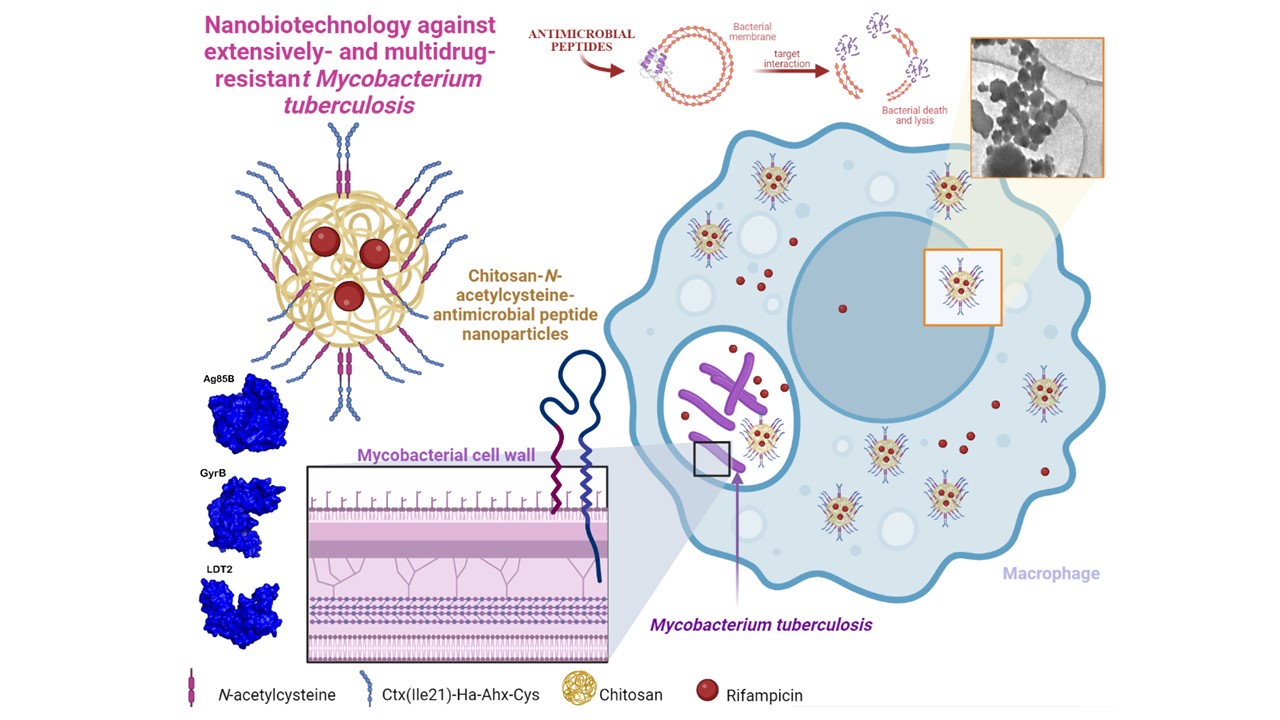
Researchers at São Paulo State University tested the action of nanoparticles loaded with antibiotics and other antimicrobial compounds on cells infected by the bacillus that causes tuberculosis. The results suggest the strategy can overcome multidrug bacterial resistance.
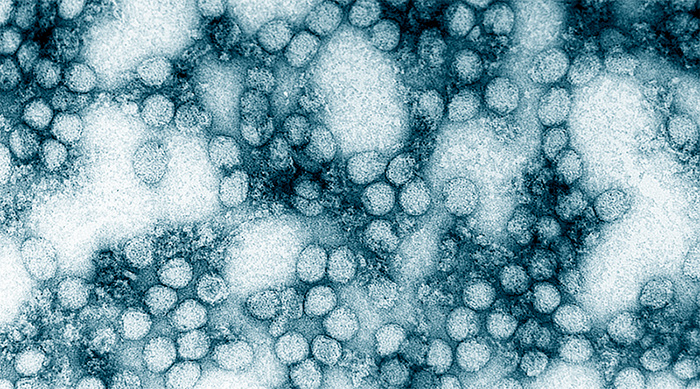
The study is the first-ever demonstration of the anatomical substrate for the cardiac arrhythmias that occur in human yellow fever.

Brazilian researchers analyzed air pollution in metropolitan São Paulo in 2019-20 when mobility restrictions and social distancing applied in the southern hemisphere’s largest city. Even so, the daily average exceeded the World Health Organization’s air quality standard on 75 days.
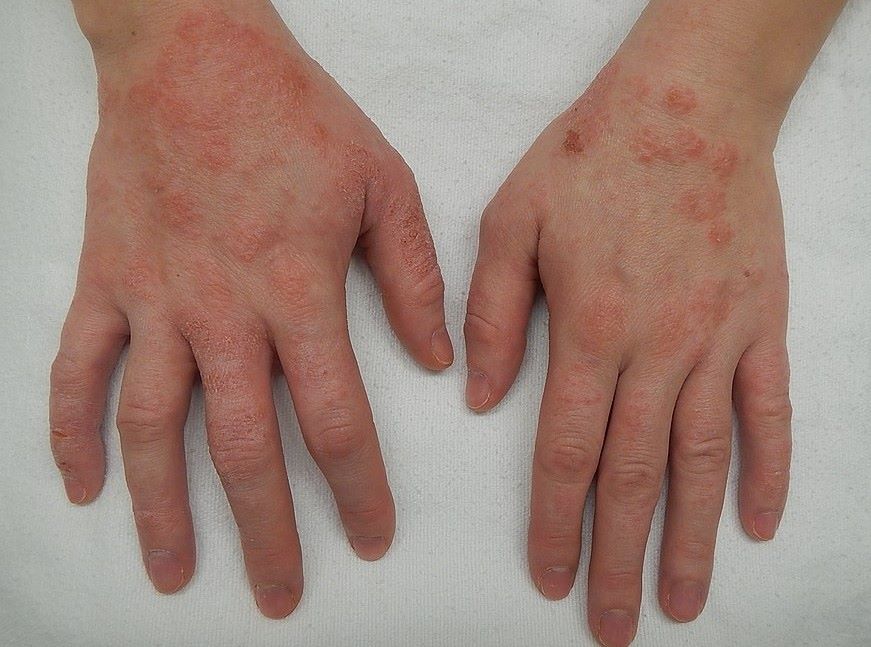
A review article by Brazilian researchers lists recent discoveries on this chronic inflammatory skin disease, which affects around 10% of adults and 25% of children.
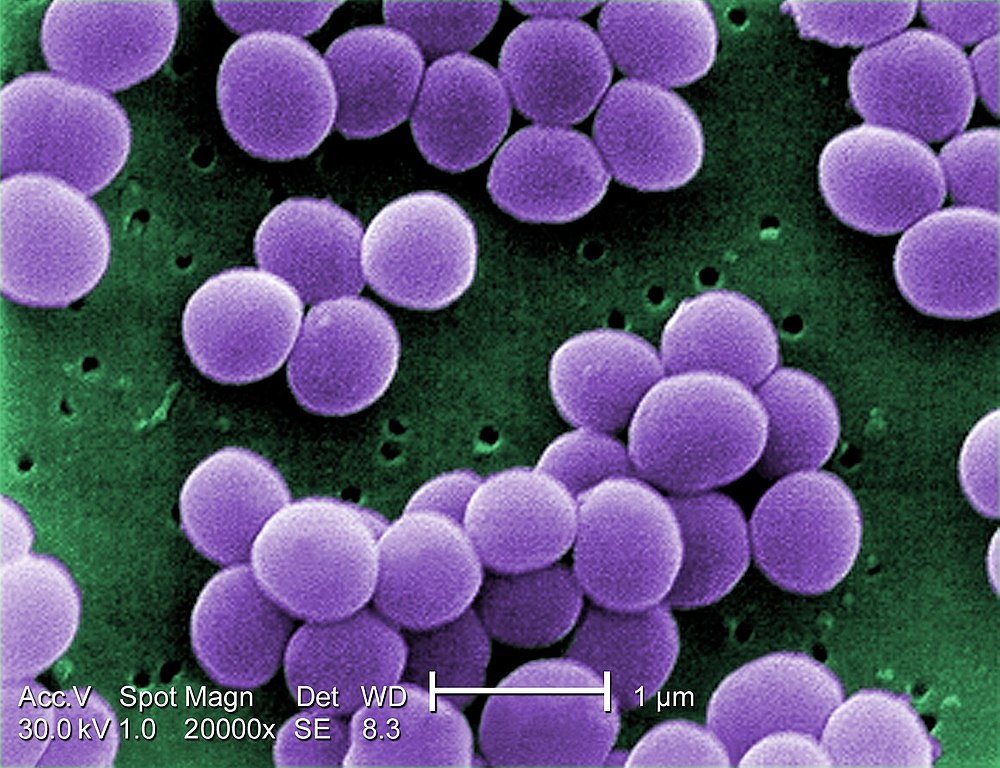
A study conducted at the University of São Paulo’s Optics and Photonics Research Center in Brazil showed a change in the bacterium’s sensitivity after five applications.
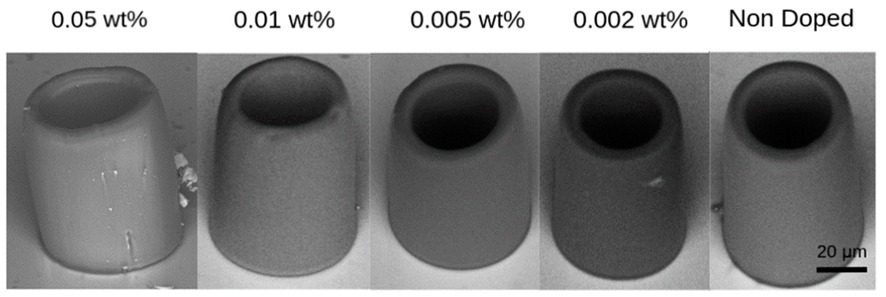
Researchers at the University of São Paulo’s São Carlos Institute of Physics developed the technique, which can be used in information processing and cell marking, among many other applications.
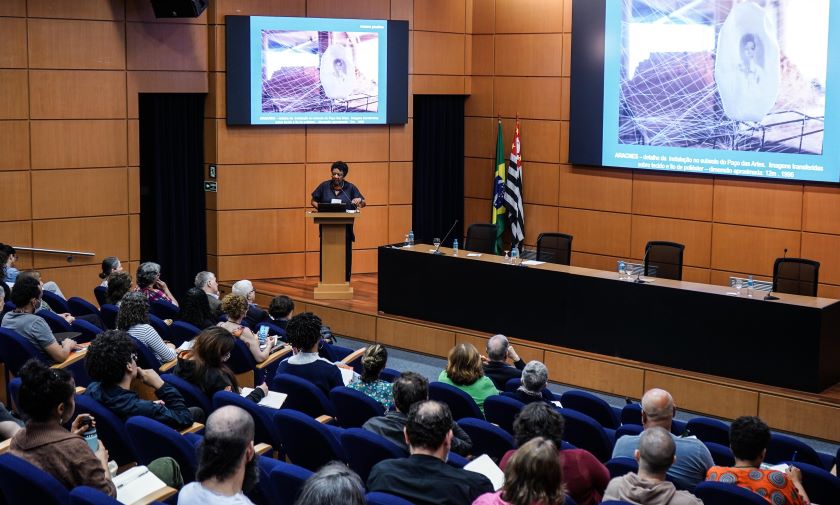
The artist outlined her life’s work in the Eighth FAPESP 2023 Lecture, which was entitled “Roots that emerge: interweavings of art and science”.

This research carried out at the State University of Campinas focused on the use of nanometric optomechanical cavities as bridges between superconducting circuits and optical fibers, with applications in computing and quantum communications.
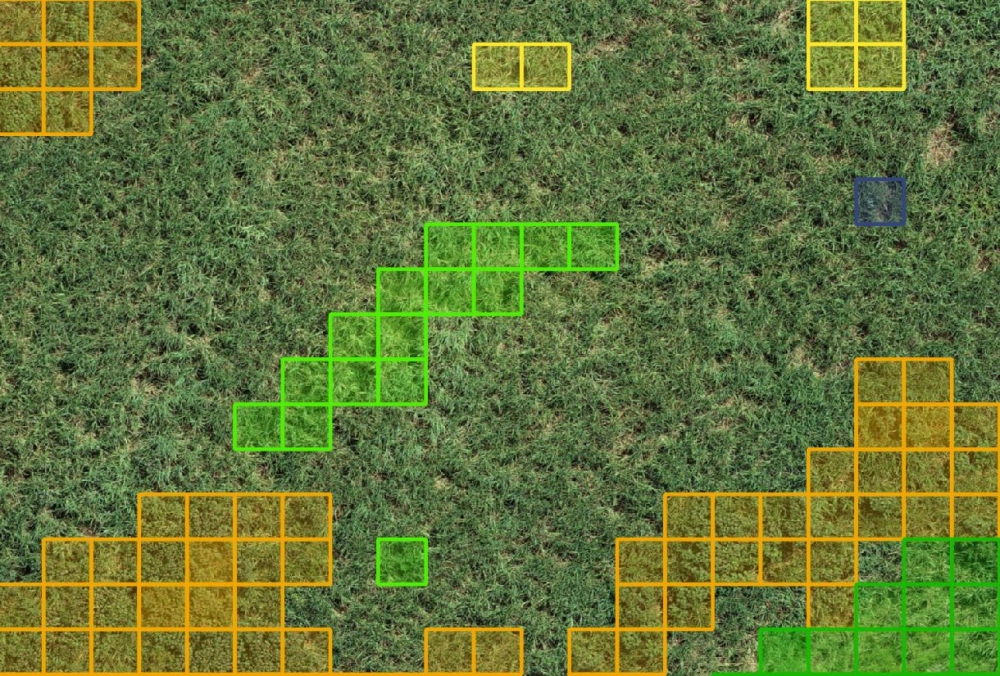
A Brazilian startup’s AI algorithms detect infestations, classify weeds and produce localized spraying files.
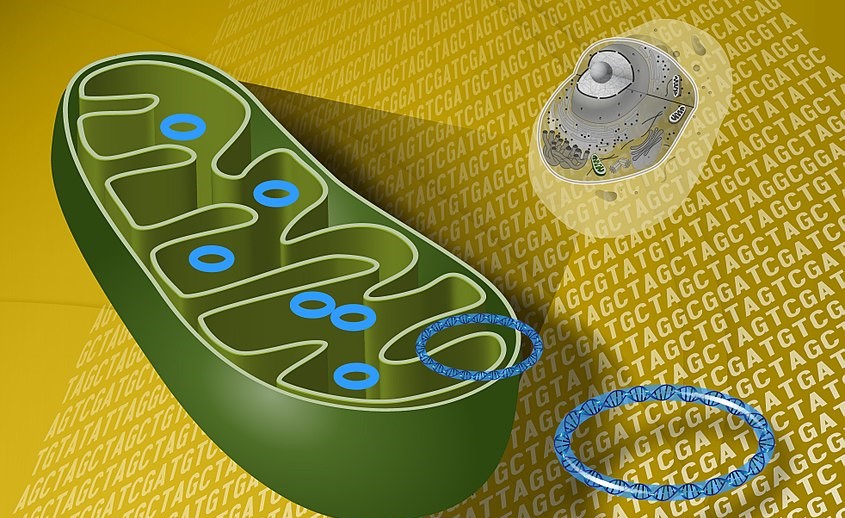
Infection by SARS-CoV-2 can suppress the expression of mitochondrial genes involved in production of ATP cell fuel in many vital organs. The discovery paves the way to a search for strategies to restore mitochondrial function.
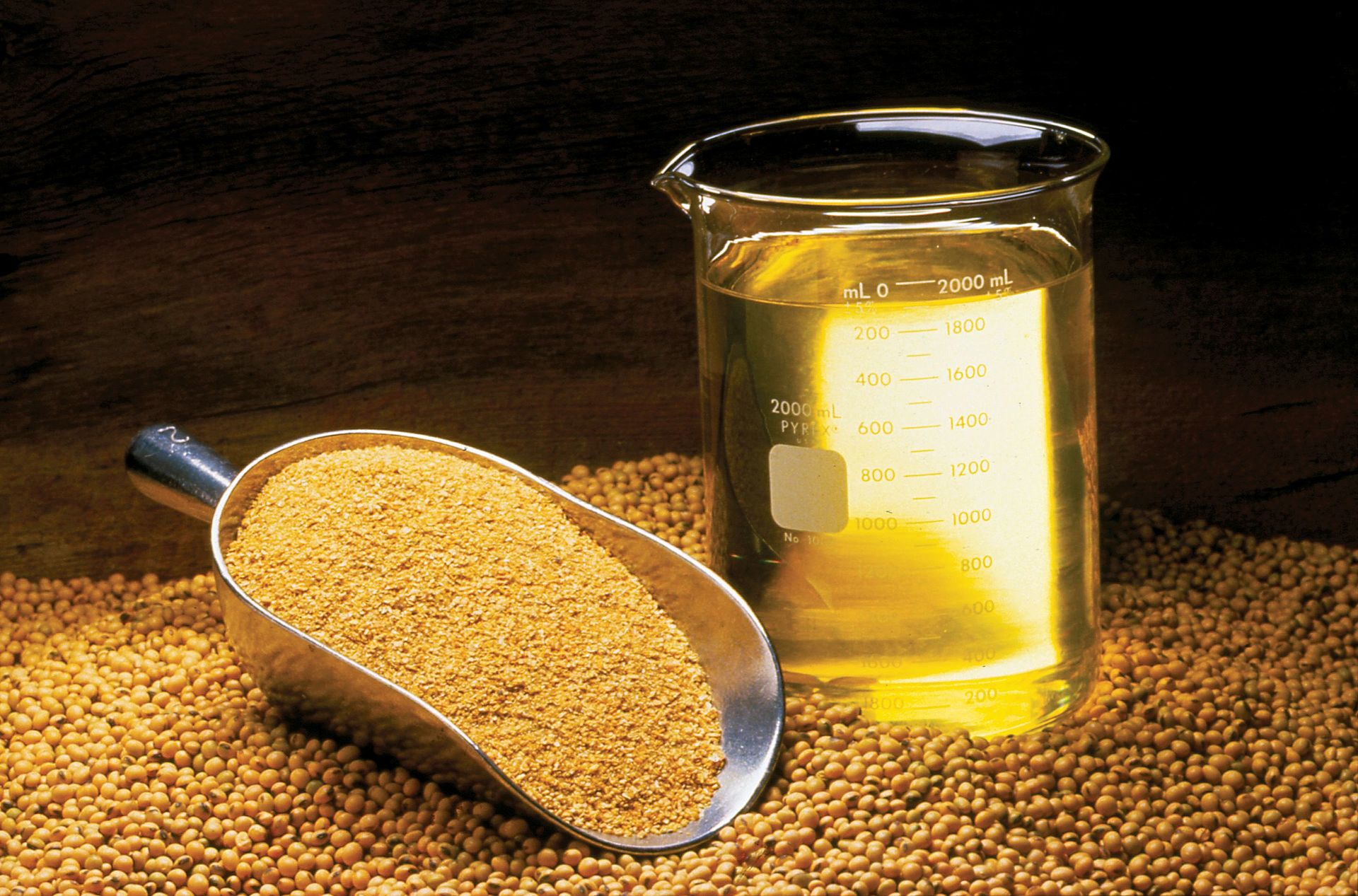
Scientists in Brazil have tested a method to obtain a substance similar to estrogen from soy isoflavones. They aim to create a product that reduces the discomfort suffered by many women in the menopause.
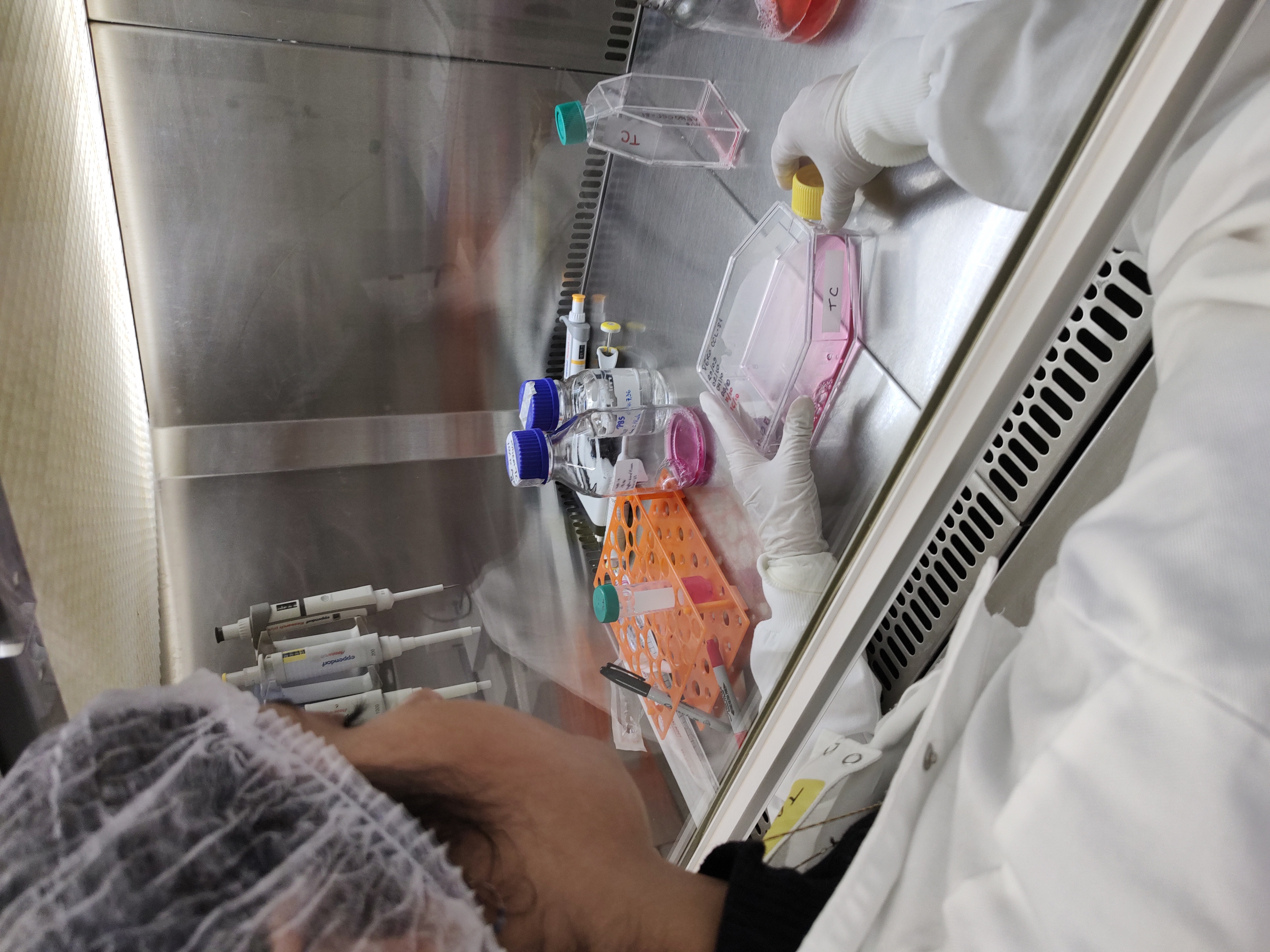
Results of tests with the substance pave the way for the development of medications or specific vaccines against zika, for which there is currently no treatment. The number of cases rose 20% year on year in the first seven months of 2023.
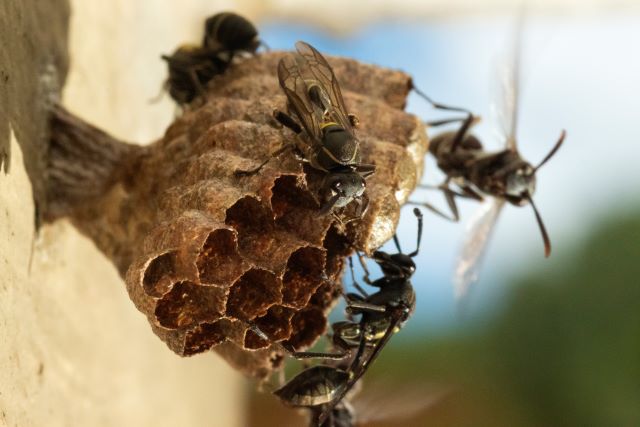
Albeit less lethal than synthetic insecticides, this fungus-based substance is not detected by social insects and can spread spores to entire nests, threatening the survival of species that play a key role in pest control and pollination.
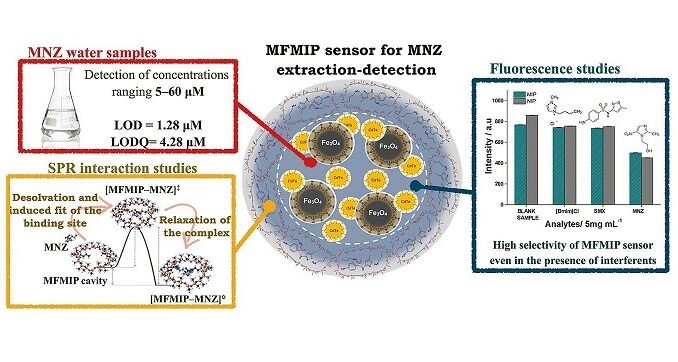
The device, which combines magnetic fluorescent nanoparticles, was designed at the Center for Development of Functional Materials, a research center supported by FAPESP and hosted by the Federal University of São Carlos.
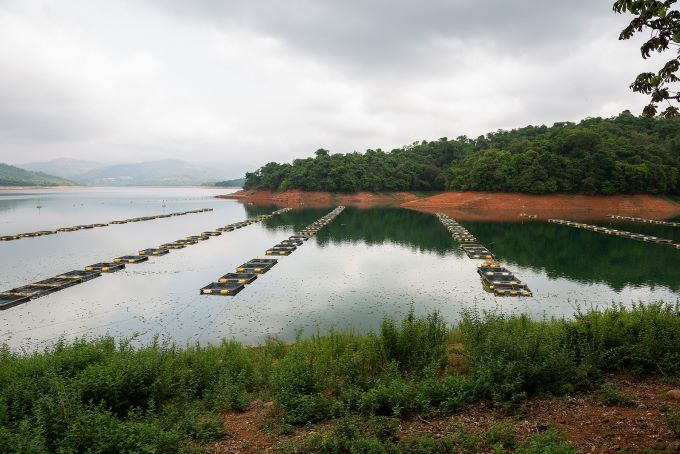
Hosted by the Brazilian Agricultural Research Corporation (EMBRAPA), the new center will establish Agricultural Technology Districts in which to conduct research, development and innovation activities in emerging technologies. The initiative has the potential to reach 14,000 small and medium rural properties.

The Center for Carbon Research in Tropical Agriculture (CCARBON) is a Research, Innovation and Dissemination Center (RIDC) supported by FAPESP and hosted by the University of São Paulo’s Luiz de Queiroz College of Agriculture (ESALQ-USP). It was officially launched on November 17 and aims to make food, fiber and energy productivity part of the solution to the climate crisis.
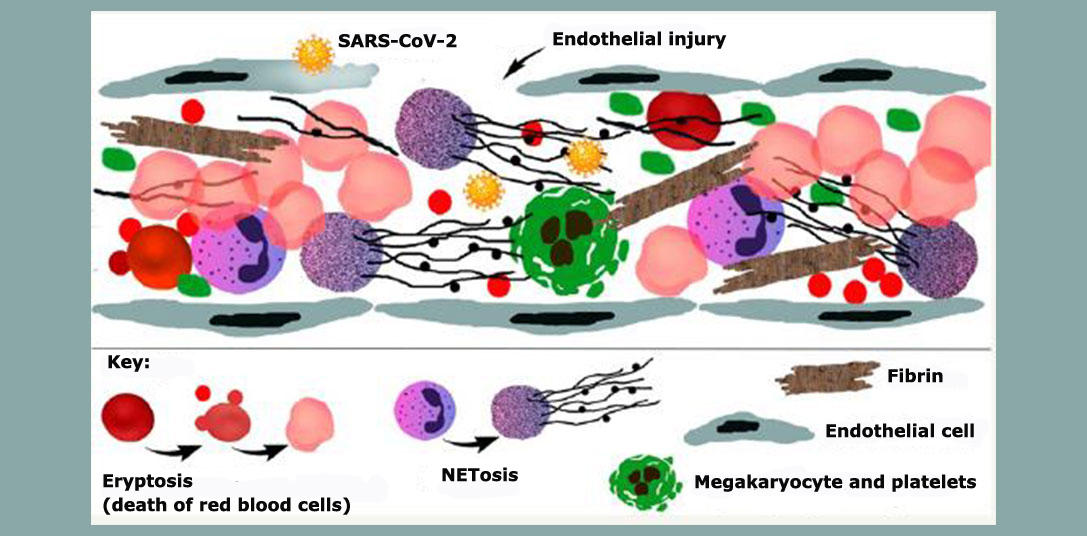
In an article published in the Journal of Applied Physiology, researchers at the University of São Paulo show that damage to small blood vessels in the lungs caused by SARS-CoV-2 is the main factor underlying severe COVID-19.

The goal is to produce sustainable aviation fuel from sugarcane biomass and ethanol.
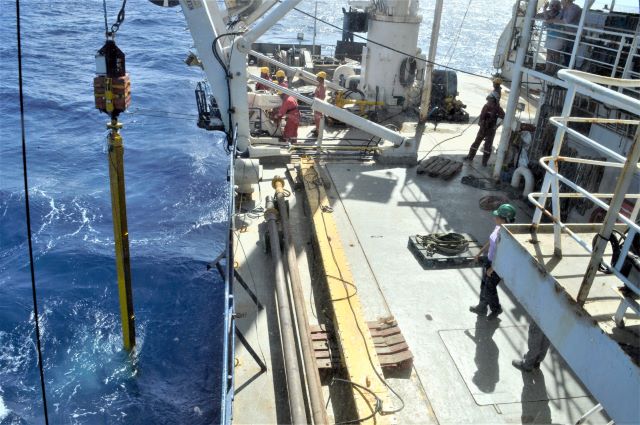
A study conducted in Brazil analyzed marine sediments to investigate gas exchanges between the ocean and the atmosphere in the recent past. The researchers concluded that a rise in the temperature of the South Atlantic caused a release of CO2 trapped at the bottom of the Southern Ocean.

Scientists at the State University of Campinas analyzed samples taken at 15 points in the basin comprising the Piracicaba, Capivari and Jundiaí Rivers, and detected 45 contaminants, including compounds from agricultural, industrial and household effluents not yet regulated by Brazilian legislation.